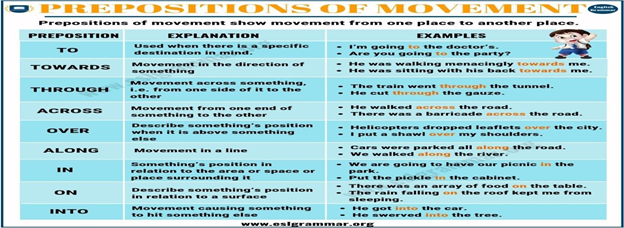Lesson Notes By Weeks and Term - Primary 6
Speech Work: Argumentative Essay; Structure: Instructions; Grammar: Preposition meaning and usage; Writing: Argumentative essay: Science does more harm to humanity than good
Speech Work: Argumentative Essay; Structure: Instructions; Grammar: Preposition meaning and usage; Writing: Argumentative essay: Science does more harm to humanity than good
WEEK: Eight
CLASS: Basic six
SUBJECT: English Language
TERM: 1st Term
TOPIC: Speech Work: Argumentative Essay; Structure: Instructions; Grammar: Preposition meaning and usage; Writing: Argumentative essay: Science does more harm to humanity than good
BEHAVIOURAL OBJECTIVES: At the end of the lesson, pupils should be able to:
BUILDING A BACKGROUND: Pupils are familiar with instructions and debates
INSTRUCTIONAL MATERIAL: Pictures, charts and textbook
REFERENCE MATERIAL: Nigeria Primary English Pupils’Book to
CONTENT:
Instruction is a detailed information about how something should be done or operated. A set of instruction could be:
Instructions are very important as they serve as a guide to achieve certain purposes.

As you have already learned, a debate is a form of argument that is meant to be spoken. The purpose of a debate is to convince your listeners to agree with your own point of view. A debate has two sides. You either argue for or you argue against the topic. For example, in the topic, ‘Children’s rights and responsibilities should be enforced’, the side supporting the topic should argue for it, while the opposing side argues that ‘children’s rights and responsibilities should not be enforced’. To convince your listeners to your own point of view, you must give adequate facts and details to support your opinion.
Let us briefly review the rules for debates as follows:
EVALUATION:
Pupils are evaluated thus:
© Lesson Notes All Rights Reserved 2023